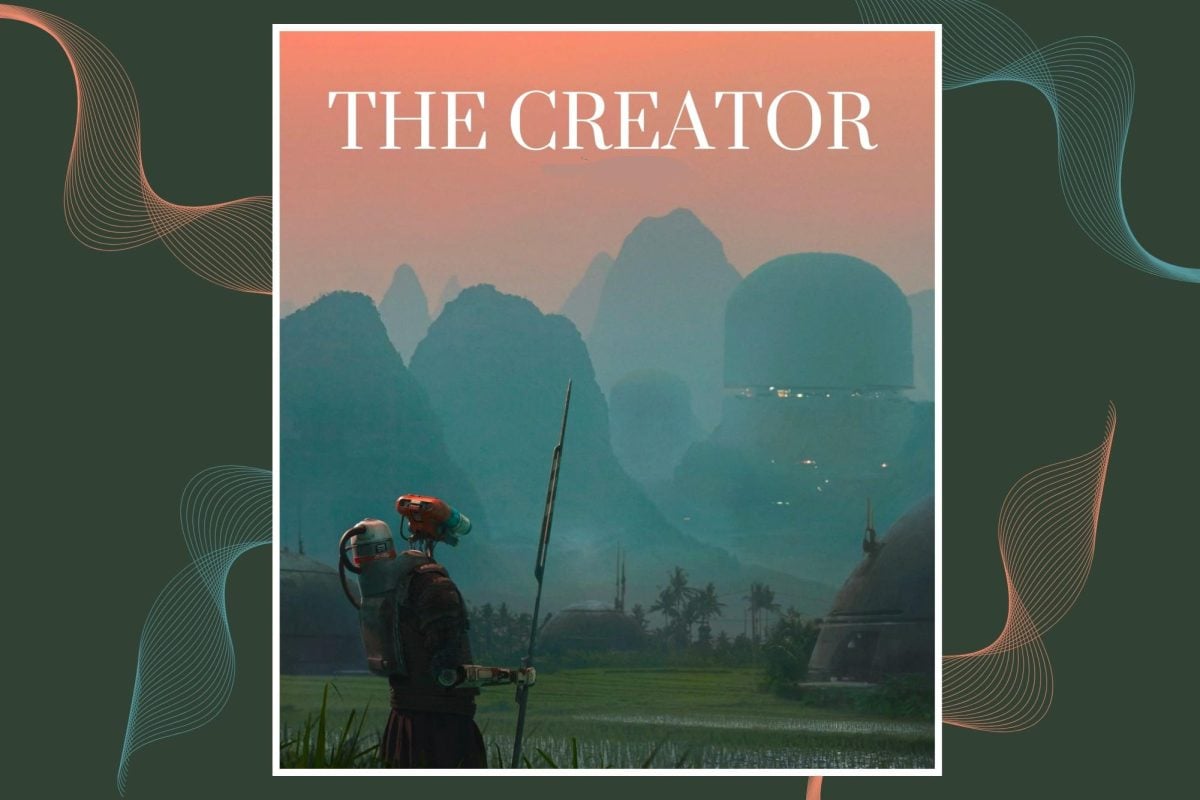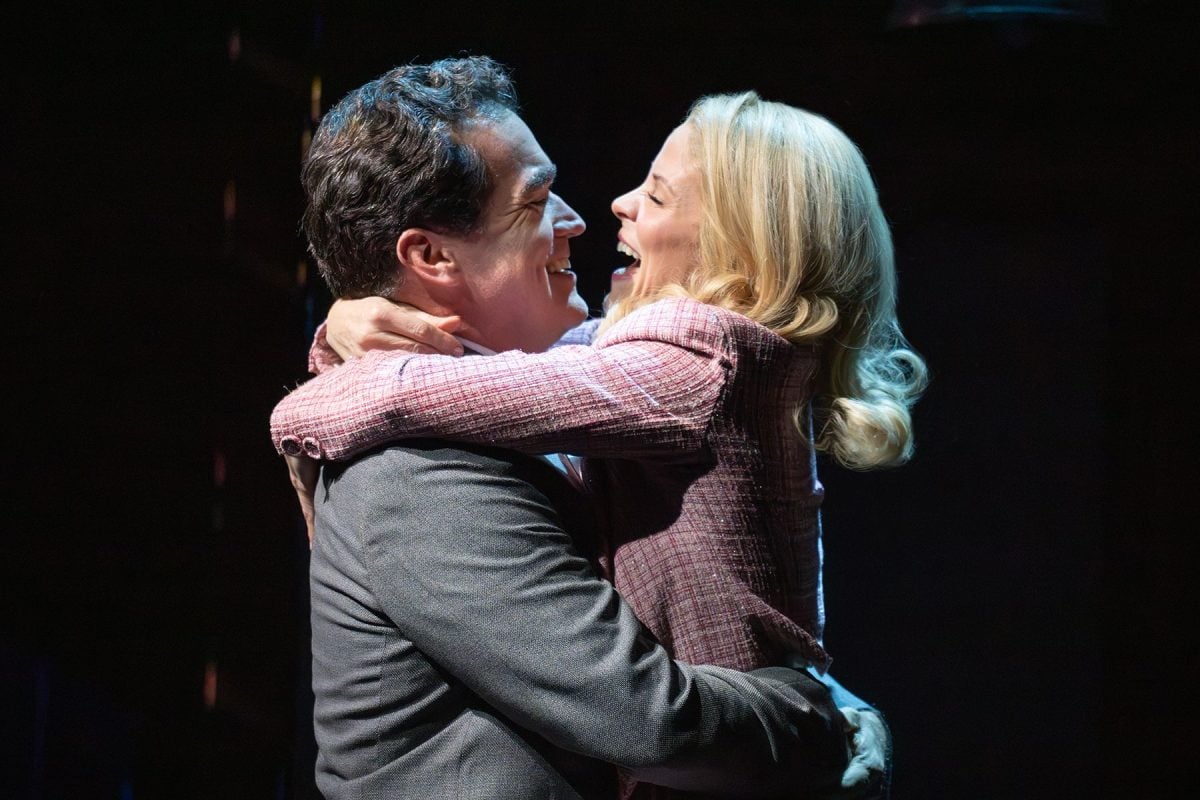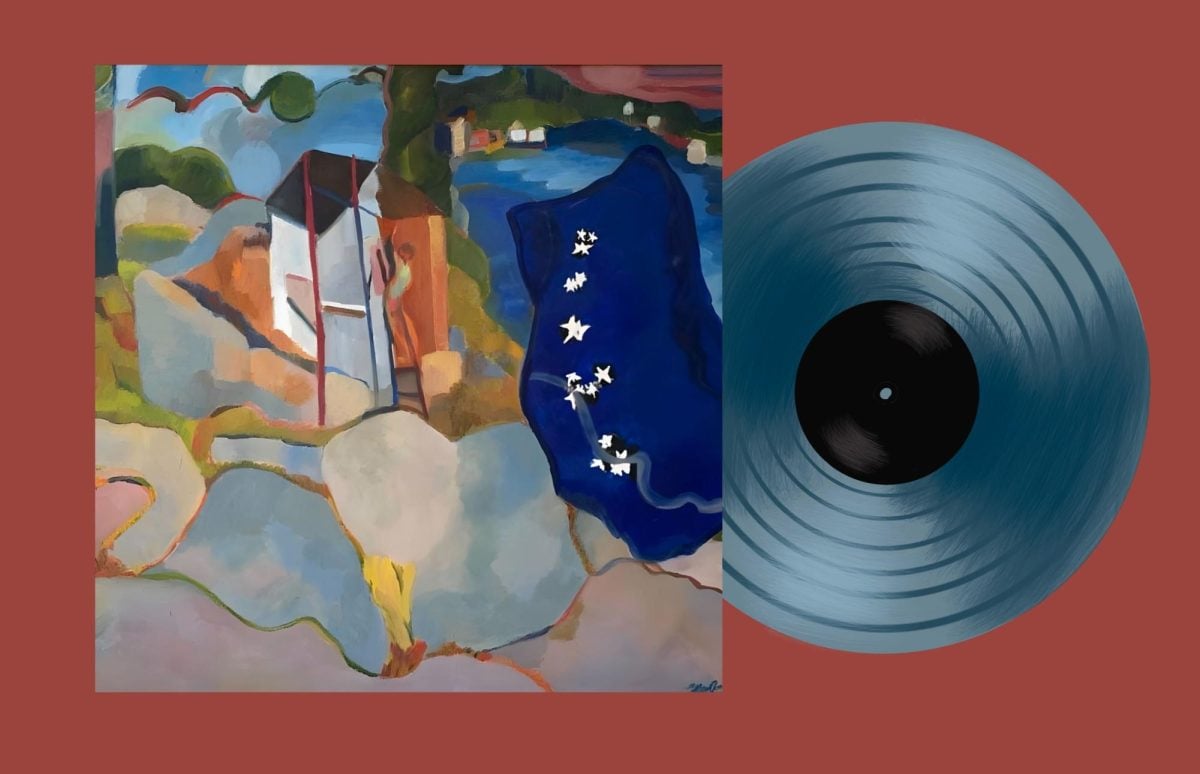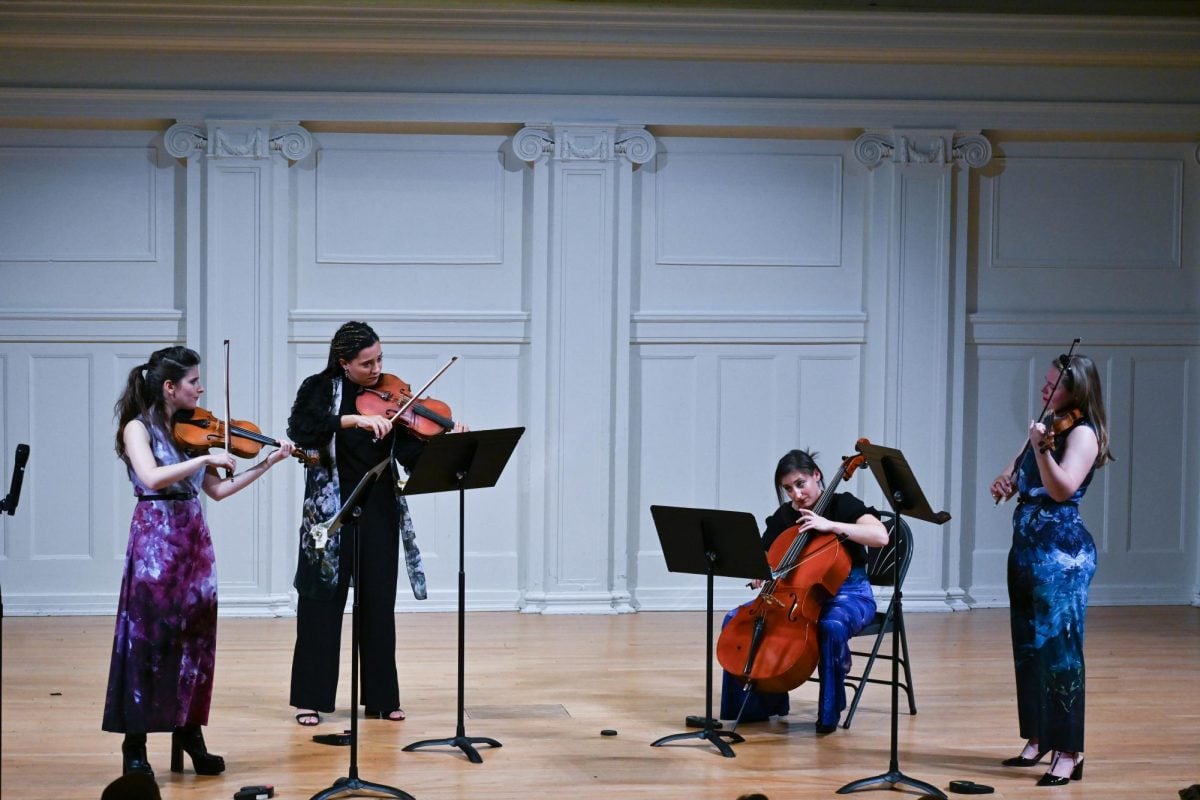Gareth Edwards bit off more than he could chew with “The Creator,” a new addition to the man-versus-AI subgenre that features a number of new ideas –– but lackluster execution.
The concept is this: forty years in the future, AI humanoids are being integrated into society when they detonate a nuclear bomb in Los Angeles, killing over a million people. We pick up a few years later when the United States, trying to eradicate AI from every corner of the earth, has placed an operative on the beaches of the South Pacific to search for AI’s ethereal creator “Nirmata.” The U.S. agent Joshua (John David Washington) is married to (and really in love with) Maya (Gemma Chan), who is suspected to be Nirmata’s daughter.
However, the U.S. decides to raid the island before Joshua has time to uncover Nirmata, and Maya is killed by the trillion-dollar superweapon “nomad” (sidebar: awesome sci-fi weapon). Cut to five years later, our main character is sorting through the wreckage of LA and wakes up a dormant AI. After a short but intense struggle, he unplugs it (yes, apparently you can do that in this universe) and his coworker exclaims “it sounded like a real person” to which he replies “it’s just programming.”
The question at the core of the movie’s ethos is just that: should AI be treated like humans, or are they an expression of soulless programming?
This is brought into focus when Joshua is called back into duty under the questionable promise that his wife might actually be alive. His mission leads him to the AI’s superweapon that could tip the scales of the war: an AI child, Alfie (Madeleine Yuna Voyles).
Surprisingly, we’re only 30 minutes in. The film tries to condense a trilogy’s worth of content into a mere 133 minutes. Edwards’ original version of the cut was over 5 hours, and it’s blatantly clear that a lot is left out. The plot is underdeveloped, the characters are underserved and the movie underwhelming.
What isn‘t underwhelming, however, are the movie’s action sequences, which are crisply shot and immersive. The focus of these scenes is frequently the anguish of war, expressed through rapacious village invasions and resulting outcries of innocents. The villagers’ defense of their AI counterparts paints them a persecuted group, which reflects a greater theme of religiosity throughout the movie. Nirmata is a Christ-like figure, and as a fatherly bond between Joshua and Alphie forms, there are discussions of heaven and goodness. Voyles’ child acting deserves particular praise for her performance.
The rest of the cast performs well, but with few characters getting the runtime they need, the acting sometimes feels out of place. Ken Watanabe’s Harun delivers the single most important point for the plot, which is then effectively ignored for the remainder of the movie!
As always, Hans Zimmer delivers a quality score, but it isn’t quite the standout soundtrack as in “Oppenheimer” and some of his earlier compositions. Actually, the superior piece of music (and superior scene, as far as I’m concerned) in the film is Radiohead’s “Everything In Its Right Place” during a nighttime raid.
Nonetheless, in a world rife with big-studio-blockbuster-style movies that overindulge in CGI and fail to remember the basics of filmmaking, we should be optimistic about “The Creator.” This movie is not an over-financed remake, sequel, prequel or reboot that seeks to scrape the last few dollars off the bone of a dying franchise. It’s a gorgeous-looking film, a beyond impressive feat for an action sci-fi flick with an $80 million budget.
The movie is an injection of novel ideas to its genre, and it was clearly made with care. Moviegoers should not make the mistake of thinking that because ‘The Creator’ did not have a long enough runway, movies of similar ilk can’t ever land.
Email: [email protected]
Related Stories:
— Reel Thoughts: ‘A Haunting in Venice’ sees Hercule Poirot reinvented for a spooky, successful sequel
— Reel Thoughts: ‘Oppenheimer’ exceeds all expectations
— Reel Thoughts: ‘Indiana Jones and the Dial of Destiny’ rebounds to end series on a high note






